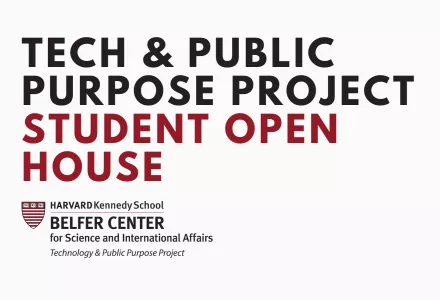Democracy and Internet Governance Initiative (DIGI)
The Democracy and Internet Governance Initiative (DIGI), a joint initiative between Belfer Center for Science and International Affairs and Shorenstein Center on Media, Politics and Public Policy, will convene a range of stakeholders across government, business, and civil society to address the growing public concerns about digital platforms. This new initiative is co-chaired by Ash Carter, the Director of the Belfer Center and former U.S. Secretary of Defense, and Nancy Gibbs, the Director of the Shorenstein Center and former Editor-in-Chief of TIME. Dr. Joan Donovan, the Research Director of the Shorenstein Center, will lead the Shorenstein Center initiative.
Over the next year, the DIGI team will convene leading experts and stakeholders to evaluate policy and self-governance options for both short- and long-term action on high-priority issue areas; the Initiative's output will consist of recommendations for U.S. policymakers and private sector actors to address the harms of digital platforms.

